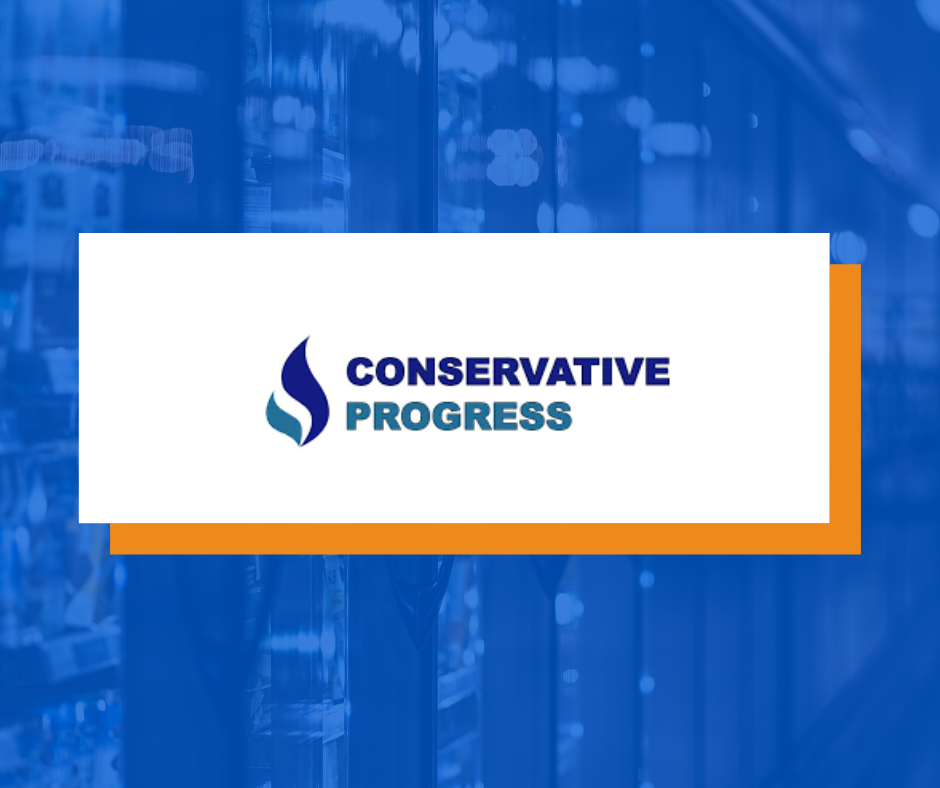One of the fundamental questions raised by the pandemic is whether individuals can be entrusted to follow social distancing rules voluntarily or whether government force is necessary to accomplish that end. Most governments have channelled the latter assumption in the fight against COVID-19. After years of ratcheting our lifestyle of freedoms, that doesn’t come as a surprise.
From cannabis to tobacco and sugar consumption, lifestyle regulations infantilise consumers by “nudging” them toward what some government officials believe is best for them. The psychology behind such an approach is straightforward: if we continuously tell somebody they are incapable of choosing for themselves, they eventually come to believe it. Nannying consumers from A to Z and then all of a sudden expecting them to skip a Thursday pub night for the sake of social distancing is inconsistent, to say the least.
There are of course some good intentions behind various lifestyle regulations. Tobacco plain packaging and taxes, for instance, are meant to deter consumers because of both look and price. The plain packaging of sweets, crisps and sugary drinks is intended to drive down our consumption of sugar. Thus, branding bans are seen as a major tool by some in public health. But these measures beg two questions. First, do they have any propensity for success? Second, in light of the pandemic, can we afford to diminish the culture of individual responsibility through paternalism?
We know plain packaging doesn’t work. In 2012, Australia passed a nationwide plain packaging decree on all tobacco products. The goal was to reduce smoking rates. During the first years of the ban, more young people took up smoking. The smoking rates among Australians in the age range of 12-24-year-olds increased from 12 per cent in 2012 to 16 per cent in 2013, whereas it had been declining naturally in the years prior. Little or no improvement was made among people aged 30 or older between 2013 and 2016.
People aged 40–49 continued to be the age group most likely to smoke daily (16.9%) and the smoking rates among this age group went up from 16.2% in 2013. At the same time, Australia has seen an enormous increase in roll-your-own cigarettes: 26% in 2007, to 33% in 2013 and to 36% in 2016.
Consumers should have access to all the information they can get about products and then, crucially, have the freedom to decide for themselves. Branding bans block their access to information about the products they buy and consume. Information is dispersed through branding, and therefore branding bans remove that possibility.
We need individual responsibility more than ever. Our fast-developing and incredibly interconnected world is likely to face more pandemics, and we should be prepared as individuals. The line between collective responsibility — to socially distance for example — and individual responsibility is a thin one. The consequences of the former might affect other people, while the latter concerns only us as individuals.
When we choose to consume sugar, we are the ones responsible for the repercussions and we should be encouraged to bear that responsibility. Going out and shaking hands knowing that we have symptoms of COVID-19 puts at risk other people while staying at home limits our personal freedom. It is only through individual responsibility that we can learn to be socially responsible.
Paternalism destroys our ability to choose for ourselves and be burdened with the consequences. In the case of a pandemic, our failure to exercise our responsibility and sensibility leads to a collective failure and provides a ground for government force, lockdowns and all sorts of questionable interventions.
Ideally, aware of their responsibility and risks, each and every person could have voluntarily chosen to self-isolate, as many people did. But how can we expect individuals to follow public health decrees if we know some of them are ineffective?
First, governments paternalise us through branding bans and other nudges, and then they want us to act responsibly when the pandemic kicks in. This has to change, and we should encourage individual freedom followed by responsibility instead of infantilising consumers.
Originally published here.
The Consumer Choice Center is the consumer advocacy group supporting lifestyle freedom, innovation, privacy, science, and consumer choice. The main policy areas we focus on are digital, mobility, lifestyle & consumer goods, and health & science.
The CCC represents consumers in over 100 countries across the globe. We closely monitor regulatory trends in Ottawa, Washington, Brussels, Geneva and other hotspots of regulation and inform and activate consumers to fight for #ConsumerChoice. Learn more at consumerchoicecenter.org



